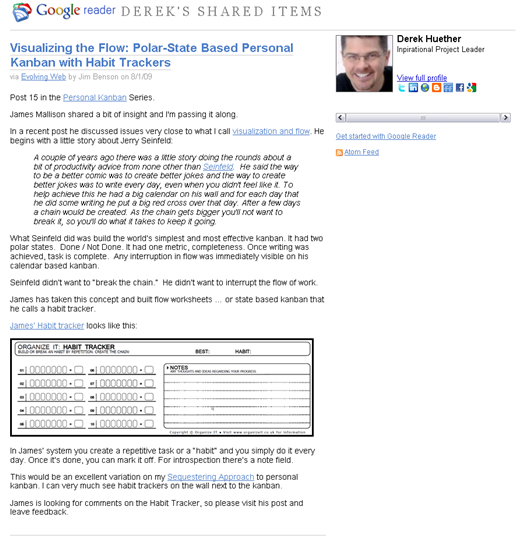According to the Project Management Body of Knowledge (PMB0K), projects are authorized due to internal business needs or external influences. Project end is reached when the project's objectives have been achieved or when the project is terminated because its objectives will not or cannot be met, or when the need for the project no longer exists. This leads me to today's post.
Instead of finding the newspaper on my porch the other day, I discovered someone delivered a yellow pages book (business directory). It’s been years since I actually opened a phone book. There are no longer personal phone numbers in the book, only businesses. Out of curiosity, I opened it to discover 1 in 4 of the advertisement being nothing more then ads to advertise in the yellow pages! Did you follow that? Advertisements to advertise. I can appreciate the idea of continuing to print the phone book. Anyone not having access to the Internet still needs to find a directory of businesses. But after reviewing the quality of the product, it makes me question if it is time this thing went the way of the dinosaur.
All this time I thought the people receiving the phone were the customer. They are not. It's the advertiser. The creation of the project (or business) of printing phone books use to actually satisfy a need or provide a public service. People needed to find people and businesses needed a medium to tell potential customers they existed.
We've addressed the original need to start the project. What about to end it? With the increased usage of Google and Bing, very few people actually read their phone books to locate businesses. Until businesses advertising in the phone book believe the cost of advertising in that medium outweighs the benefit it provides, it will continue. Sounds a little bit like the newspaper industry, doesn't it? There is a very similar parallel between the newspaper industry and the printed phone book industry. They both believe or promote the scarcity of information. That scarcity justifies cost. To the contrary, we now live with an abundance of information. That information is freely distributed and reaches a broader audience.
I find it ironic, printed on the phone book, the printer asks us to please recycle our “outdated” phone books. To satisfy their request, this brand new phone book is going right into the recycling bin. Though I do believe the end is near for the paper-based phone book, I have a recommendation for them. Since this printing company has our address to deliver the phone book, why don’t they send us a letter asking if we would like to opt-out of future deliveries? You tell me, are you more apt to read something you've opted-in to or something sent to you like spam?


